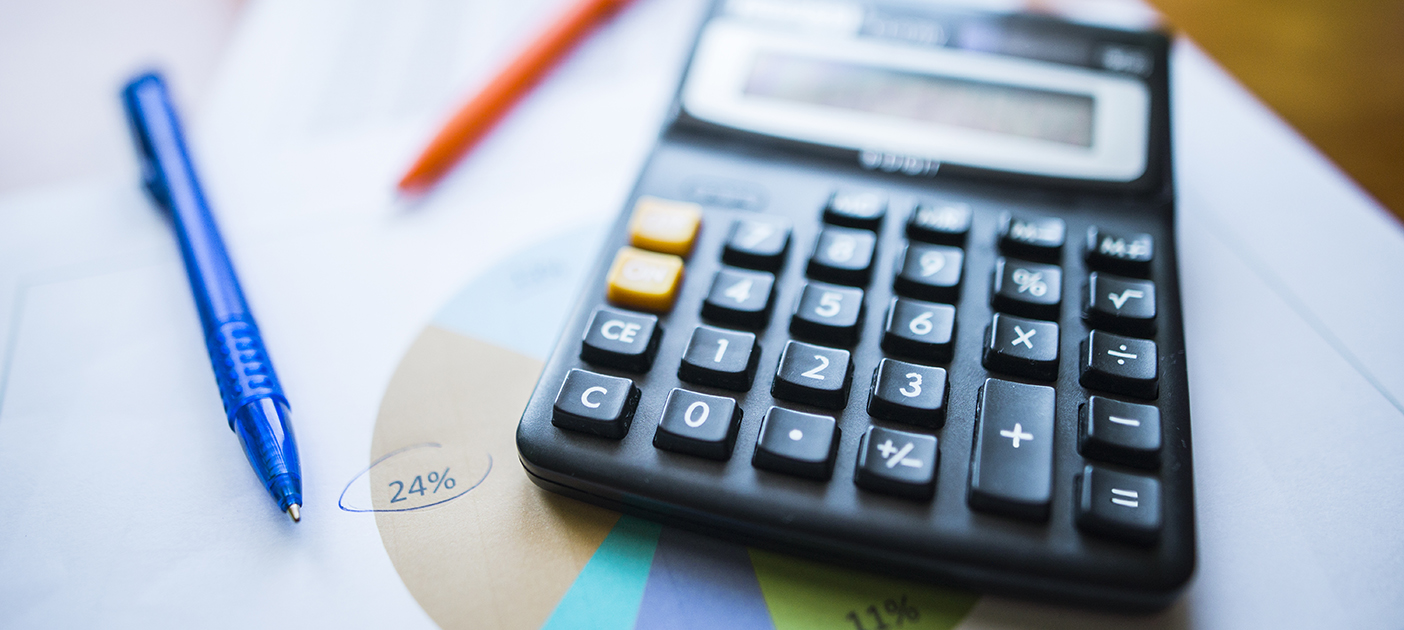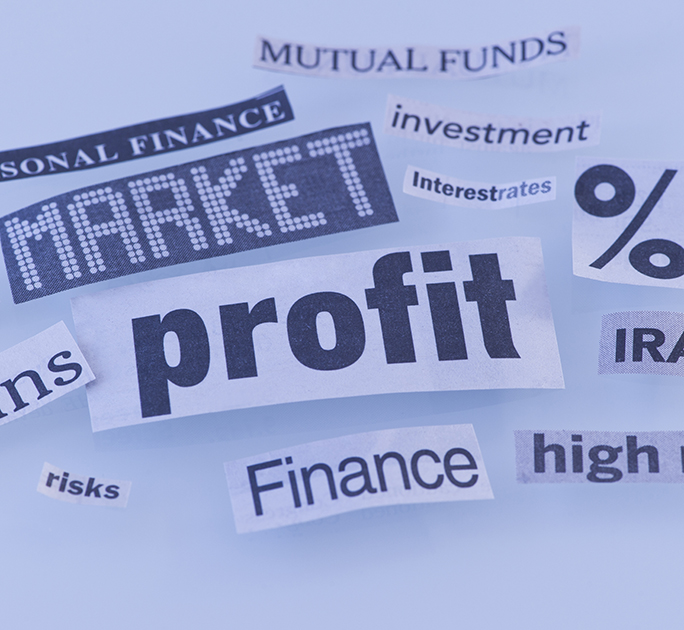- Save
- Invest
- Borrow
- Pay
- More
- Customer Services

The Ideal Fund Manager: 8 Things To Know
Investing in mutual funds involves risk-taking. Being aware that you have a qualified fund manager with experience makes you feel confident. What stocks or assets to buy or sell, at what time, and what should the mutual fund portfolio consist of -- managers have ready answers backed by research and analysis.
Let’s see what makes an ideal fund manager and what does the person do.
1. Who is a fund manager?
The role of a fund manager is diverse. He/she not only tries to ensure high returns for you but also, draws investment strategies to get you those returns. Fund managers have the following tasks cut out in to manage mutual fund portfolios -
- Buy and sell securities to maximise profits
- ensure fund growth rate
- allocate resources
- manage fund inflow and outflow and
- research and analyse before allocating resources based on the investment objective of the mutual fund
2. Role of a fund manager in actively-managed funds is of utmost importance
When you buy a mutual fund, it means you mainly buy a portfolio of securities. There are two types of mutual funds based on how they are managed. The performance of some mutual funds is tied to how a benchmark index performs. Such a mutual fund looks to replicate the performance of the benchmark index. Here the role of a fund manager is limited. In other cases, the portfolio could also be actively managed.
In the case of actively-managed funds, the skill sets and role of a fund manager become crucial to the performance of the fund. In an actively-managed portfolio, the fund manager is responsible for all of these -- from security selection to allocation, performance tracking, risk return analysis, and monitoring returns on the portfolio. The role of a fund manager here involves construction of the portfolio based on the investment and targeted growth objectives of the fund.
3. How fund manager works: He aces at security selection
You may be looking at a short-term, medium or long term investment horizon. You may be looking at growth funds or balanced funds, debt funds or sectoral funds to give you the expected growth rate. Based on the investment goal, a good fund manager decides what assets and how much of the assets have to be owned within the portfolio. An essential function of a fund manager is selection of securities. For example, some monthly income plans may allow investing up to 15% of assets in equity. The fund manager, within those limits, based on the market sentiment and risk appetite, decides if he would like to invest 5%, 10 % or 15% in equities. With open-ended funds, where you can invest and withdraw money any time, the fund manager also decides how much fund money is invested and how much stays as cash.
The role of a fund manager involves what is called portfolio construction, which is to buy and sell securities toeing the investment theme of the fund. Portfolio construction is a fairly active process calling into play a fund manager’s understanding to be nimble-footed. To maintain good returns, the person needs to take quick investment decisions in only a few seconds.
4. Advantages of in-depth research
Thorough homework and timely investment calls are the most common and essential factors that make a fund manager stand out. A good fund manager is looking to maximise returns for the investor. To build a portfolio that gives him good returns, a good fund manager will never go ahead without;
- An in-depth analysis of the performance of stocks or bonds held in the portfolio
- Dynamic economic or industry-specific factors influencing their performance
- The price to equity ratio of the stocks, dividends among other factors
Most fund managers have a battery of qualified economists, equity and fixed income analysts to help them with research and trend analyses. That is how they make informed decisions. Knowledge reduces fear. Fund houses release trend and performance reports for investors. Such reports give investors the full picture of a portfolio’s performance and investment rationale.
5. Strong risk-return analysis
Fund managers also study the potential return on any investment versus the various risks involved like sudden changes or expectations of change in interest rates, volatility in market prices, and industry-specific risks.
6. Styles of investing
What makes a good fund manager also depends on the investing style you prefer in managing your mutual fund portfolio. Various fund managers have multiple styles of investing. Some prefer to be conservative in their picks, others look for contrarian calls, and some others are bargain hunters. There are fund managers who are aggressive risk-takers; some believe in bringing stable returns over hyper-profits. Some fund managers may even vouch for growth funds.
7. Promoting the fund, meeting investors
A good fund manager not only promotes the fund to the right audience (investors and distributors) but, exercises full transparency. He is answerable to investors for their investment decisions.
8. Maintaining ethics in dealing with investor money
Are they known to engage in unethical practices like portfolio pumping where returns are inflated by buying more shares of their holdings to meet quarter-end targets? If you want your investment in safe hands, you must check the ethical track record of fund managers before picking one. Find out the manager’s investment ethics and see if it aligns with your investment philosophy.
DBS Bank offers Mutual Funds that are instant, paperless, signatureless – even transaction fee-less! What’s more? You get to choose from 250+ Mutual Funds across 15 top-performing asset management companies. So why wait? Login to digibank (app or internet banking) and start investing in a flash with instant Mutual Funds on DBS Bank.
Read up more on Mutual Funds here
Mutual Fund investments are subject to market risks, read all scheme related documents carefully before investing.









